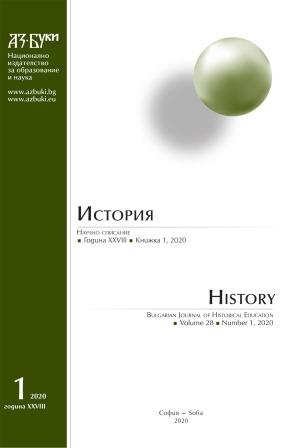
We kindly inform you that, as long as the subject affiliation of our 300.000+ articles is in progress, you might get unsufficient or no results on your third level or second level search. In this case, please broaden your search criteria.


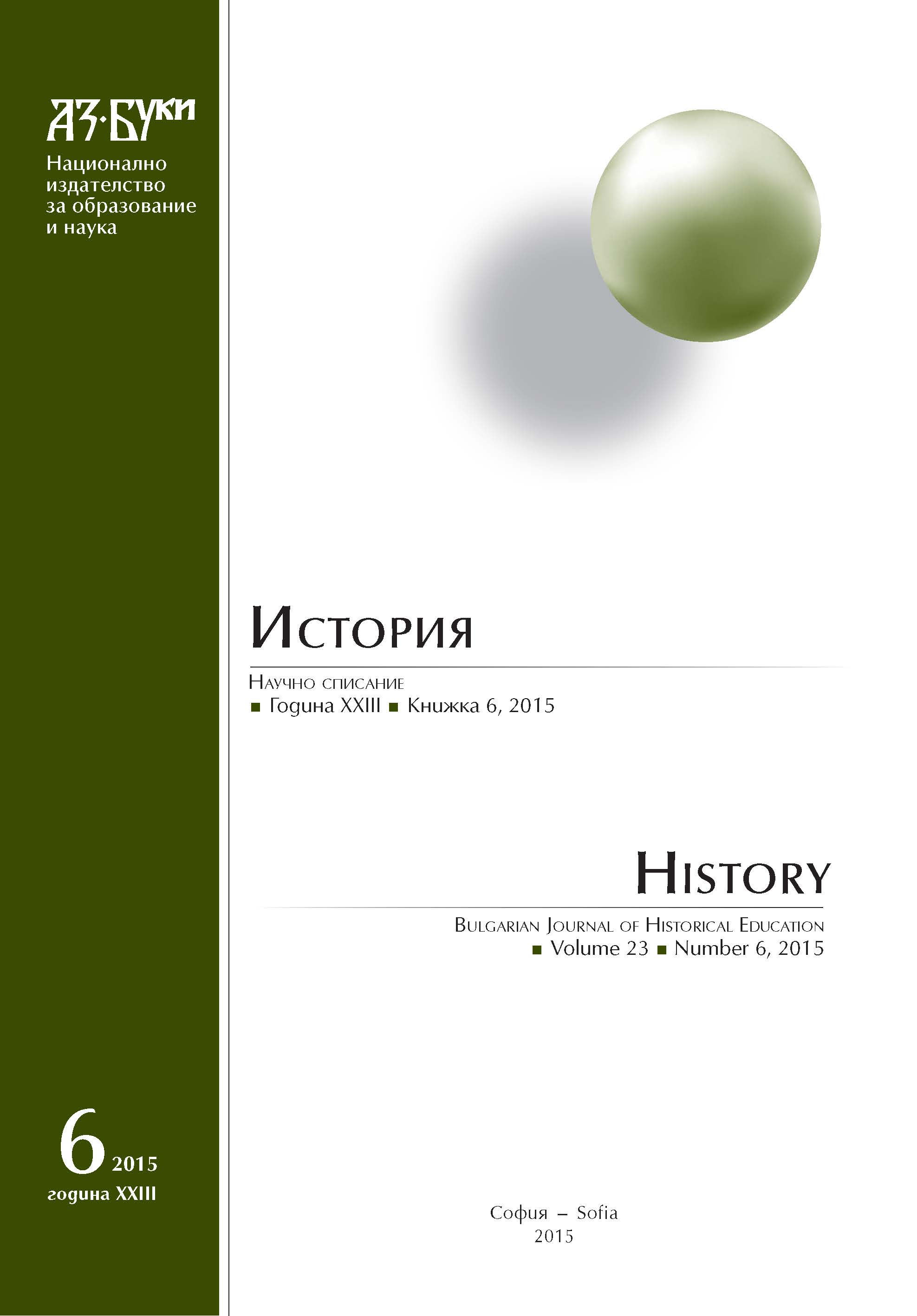
The political construct established in 1814 – 1815 by Napoleon’s victors aimed at uniting Belgians and Dutch in one country the Netherlands governed by William of the Orange-Nassau dynasty. The construct was theoretically useful for the European balance but at the same time it turned out to be anachronistic because it took into consideration neither the religious differences nor the continuous formation of two completely different nations.
More...
What is the modern understanding of the Islamic fundamentalism today? What is the difference between Islamic fundamentalism and Islamic terrorism? What is the political definition for these two topics? What is the forced public opinion for these social phenomenon? What is political Islam? Where is the common ground between religion and politics? The historical science and the history of the Middle East from the recent past (the last 50-60 years) gives us different answers to these questions compared to the modern political rhetoric from the end of the last century.
More...

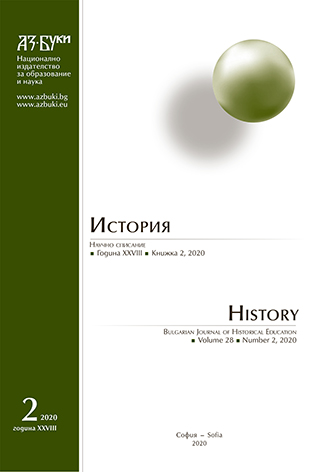
An attempt to throw light on the early history of Adzhar village,today’s Svezhen, based mainly on four unpublished Ottoman tax registers, is made in the article. The author claims that the earliest documents discovered so far about the existence of Adzhar as a settlement date from the first decades of the XVII century. The village was first mentioned on the pages of an abridged avarız-register from the years 1621 – 1622. Data about the presence of large summer pastures and sheepfolds in the region of Sarnena Sredna Gora Mountain as early as the 16th century show that the foundation of the village can be related to the good conditions for livestock breeding of a peaceful place in the depths of the mountain. It is very likely that part of the inhabitants of Adzhar had been dzheleps, who bred sheep and other cattle for the food needs of the big cities, the army and the Sultan’s Palace. Asa result, raw materials including sheep wool and sheepskins led to the development of a number of crafts.The Orthodox Bulgarian population of Adzhar grew rapidly. Due to the demographic and economic development, a significant literary centre was created there for transcribing and illustrating liturgical books. A church with two priests was built in the village. There is information that in the second half of the 17th century sheep-breeding, crafts such as goat hair processing (mutafcılık) and tailoring, as well as trade and transportation of goods (in exchange of payment – kiracılık)developed in Adzhar.
More...
Тhe article presents an exploration of the “life” of one of the 20th century's symbolic symphonic works in Bulgarian musical culture – composer Petko Staynov’s “Thracian Dances” suite. The starting point of this study is research into some of the archival documents related to the work’s first performance in 1927. The next stage goes through the analysis of the piece’s presence in textbooks from the last third of the last century to the adoption of the Law on Pre-school and School Education. The final stage of this study is focused on the presence of the work and the educational context it is linked to in some of the contemporary Bulgarian textbooks.
More...
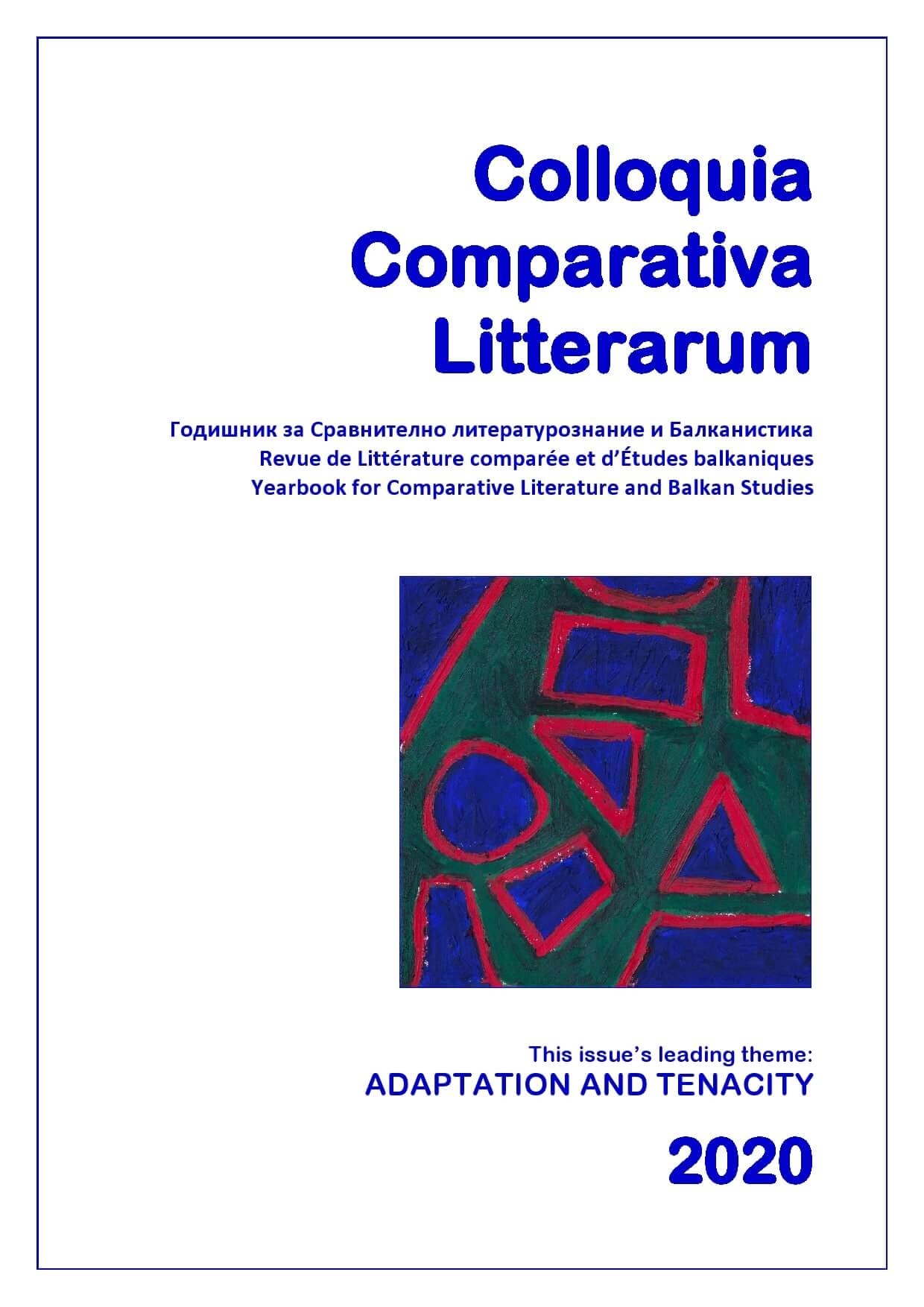
In the Western European novel, the death of the nobleness of the soul brings to life the “social realism” characteristic of Balzac’s work. This change is signified by the transformation of the novel’s protagonist from a moral into a social individual (S. Hadzhikosev). Later, this development will logically progress into the ascension of the antihero and conclude with the “cynical realism” (“réalisme cynique”), preached by authors like Frédéric Beigbeder. Reflecting on several major novels written in the 19th and 20th centuries, this article strives to answer the principal question of whether the novelist could take another realistic path, and tries to imagine what this path would look like.
More...
Book review: Maria Bucur. Gendering Modernism. A Historical Reappraising of the Canon.
More...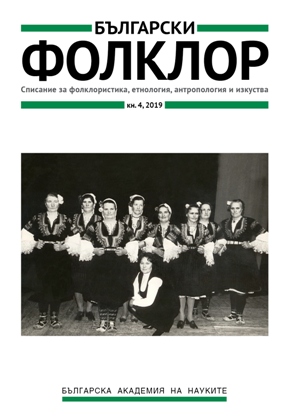
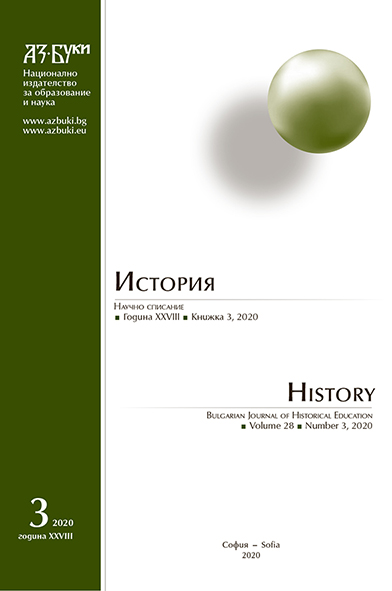
The article dwells into the ideological development and evolution of the Balkan policies of Adam Czartoryski’s Hôtel Lambert – one of the Polish political camps in exile, represented by the conservative-liberal and monarchic ideas. The geopolitical changes in Europe at the end of 1830’s forced Czartoryski and his émigré camp in Paris to shift their political concepts. As a culmination of that new course, Hôtel Lambert established a permanent Eastern Agency in the Ottoman capital, which was headed by the Polish agent Michał Czajkowski. And it is no coincidence, since after the second Ottoman Egyptian Crisis the East was no doubtfully established as a focal geopolitical point.
More...
The article traces the Ottoman urban toponymy and Turkish language influence over the street names in Plovdiv. This heritage is evident from the all periods of the contemporary Bulgarian history till the present. The Turkish local names are widely accepted in contemporary Bulgarian language and space mentality.
More...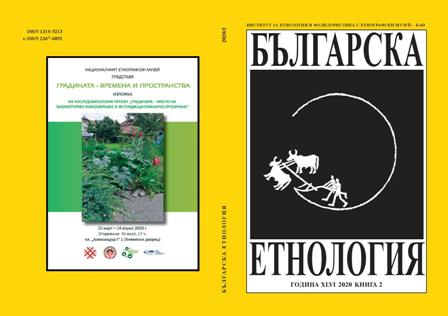
In historical ethnology, women’s servants is a social phenomenon related to the so-called “West European” family model characterized by late matrimony. In Bulgaria, under the influence of socio-economic factors in the country and the modernization of the Bulgarian society in the first half of 20th century, the servantship developed and became very popular in the decades after World War I. In the next decades, it underwent numerous changes which led to slow but steady turn in the understanding of it. The study of its development and the outlining of the different stages with their age and gender characteristics allow us to trace the changes in the Bulgarian society in the previous century. It is also important to outline the regional characteristics which show important specifics of the existence and development of women’s servantship. Because of its strong influence over the life of different social groups in the society and its transformation into a vehicle of cultural exchange between them, the servantship could be defined also as a social mediator. It creates a peculiar bridge between the village and the city and facilitates the penetration of the new West European culture and urban patterns in the small local village community. The changes in the attitudes towards servantship as well as its popularity give us important information about the society as a whole and allow tracing the changes in the matrimonial models. The article is dedicated to the labour mobility of the young girls from the Tuzlukregion (Municipality of Antonovo, District of Targovishte) which expands in the course of time and to their hiring as housemaids mainly in the capital of Sofia. The study is based on the narratives of local people gathered during two short fieldworkresearches in the Municipality of Antonovo.
More...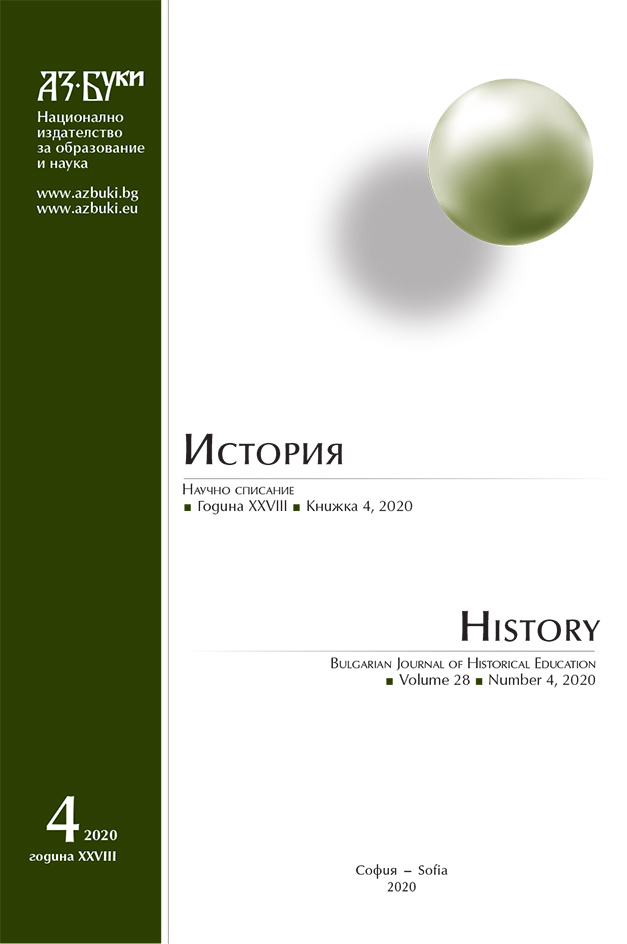
The article analyses the educational, cultural, national and political challenges in front of the Bulgarian diaspora in the Romanian town Alexandria from the second half of the 19th century to the Liberation of Bulgaria – keeping the native language, upbringing the young generation in patriotic spirit, relations with the countrymen who remained on the other side of the Danube, inclusion in the national liberation movement. The names of teachers, doctors and other representatives of the Bulgarian emigrant intellectuals who combined their professional activities with intense socially useful activity are mentioned. Part of them turned into notable names in Principality of Bulgaria after the Liberation.
More...
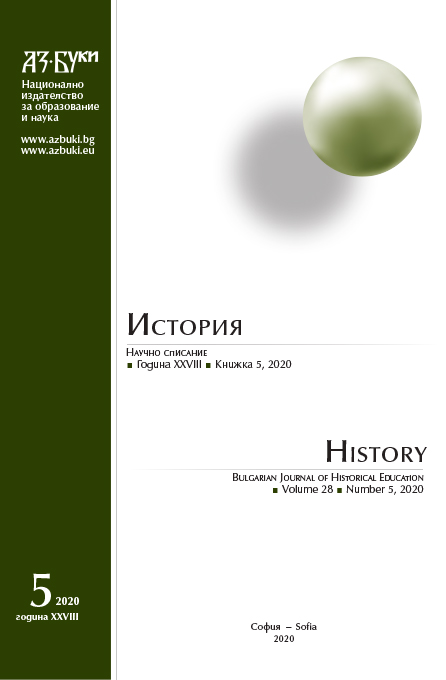
The article analyzes the illustrated postcards of the early twentieth century as a source of the iconography of the Russo-Turkish War of 1877 – 1878 and the objectives of the worldview of Bulgarian and Russian societies in the early 20th century. It is emphasized that during 1902 – 1912 the postal cards, dedicated to the events and participants of this military conflict, were repeatedly published in Russia and Bulgaria. It was found that the most popular were postcards with views of battle paintings by V. Vereshchagin, M. Dmitriev-Orenburg, O. Popov and others. It is determined that the theme of this war was relevant until 1912.
More...
The article presents an analysis of honesty as an important aspect of the Bulgarian economic culture. The focus is on the transition from the Bulgarian Revival to the nation state and the subsequent period 1879 – 1944. The main conclusions are synthesized in two hypotheses. The first is that the transition from Ottoman rule to an independent nation-state is associated with a decline of honesty and integrity in economic life. The second hypothesis points to the low level of honesty and mutual trust in relations between economic agents on the one hand and between economic agents and the state on the other as one of the important reasons for the lack of visible and long-lasting economic success in Bulgaria during the period 1879 – 1944.
More...
El Estatuto Real is a piece of legislation passed in the Spanish monarchy in 1834, representing a “donated” charter, which does not derive from the principle of national sovereignty, but on the contrary – represents the benevolence of the monarch to his subordinates. Although the text of the decree lacks a description of the rights of the population, does not contain a clear and comprehensive definition of the prerogatives of the various authorities, it should be noted that it puts an end to the theoretical principles and ideological statements of the Ancient Régime. Thе article analyzes this document, which presents the moderate liberal views, and in our opinion is an elegant attempt to strike a balance between the traditional principles, institutions and attitudes of the Catholic monarchy, while presenting Spanish society the opportunity to begin building a limited monarchy where the principles of liberalism are largely imposed.
More...